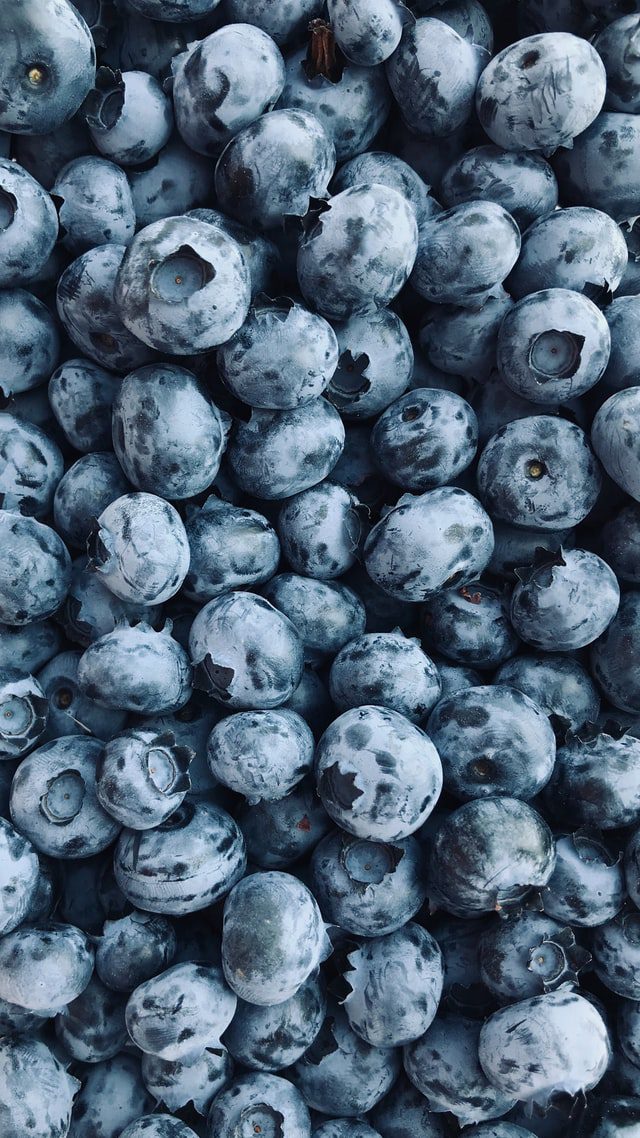Uses
Natural Medicines Comprehensive Database rates effectiveness based on scientific evidence according to the following scale: Effective, Likely Effective, Possibly Effective, Possibly Ineffective, Likely Ineffective, Ineffective, and Insufficient Evidence to Rate. The effectiveness ratings for BLUEBERRY are as follows:
Possibly ineffective for…
- High blood pressure. Most research shows that taking blueberry does not reduce blood pressure.
Insufficient evidence to rate effectiveness for…
- The decline in memory and thinking skills occurs normally with age. Some research shows that taking blueberry daily for 3-6 months might help improve some thinking and memory tests in adults over 60 years of age. However, most tests for thinking and memory do not change. If there is a benefit, it is probably small.
- Aging. Some research shows that eating frozen blueberries can improve foot placement and balance in elderly people. However, other research shows that eating blueberries does not help with these things. Also, eating blueberries doesn’t seem to improve strength or walking speed in elderly people.
- Athletic performance. Early research shows that taking dried blueberries doesn’t help people run faster or make running feel easier. But it might help maintain strength 30 minutes after the run.
- Memory and thinking skills (cognitive function). Early research shows that taking a single dose may improve some types of learning in children ages 7-10 years. But it doesn’t help with most types of learning and it doesn’t help children read better.
- Depression. Some people that have a clot in one of the vessels in the brain may experience depression. In those people with depression, they may be more likely to have infections in the GI tract. Some research suggests that taking extract daily for 90 days can reduce symptoms of depression and also reduce infections in this group of people.
- High levels of fats called triglycerides in the blood (hypertriglyceridemia). Early research shows that taking a single dose of blueberry leaf extract might help to reduce levels of fats in the blood after a meal in people with this condition.
- Arthritis in children (juvenile idiopathic arthritis). Early research shows that drinking juice daily while using the medication etanercept reduces symptoms of arthritis in children better than the medication alone. Drinking blueberry juice might also reduce the side effects caused by etanercept.
- A grouping of symptoms that increase the risk of diabetes, heart disease, and stroke (metabolic syndrome). Taking dried blueberries does not help improve most symptoms of metabolic syndrome. But it might help to improve blood flow in some people.
- Bad circulation.
- Cancer.
- Chronic fatigue syndrome (CFS).
- Constipation.
- Diarrhea.
- Fever.
- Hemorrhoids.
- Labor pains.
- Multiple sclerosis (MS).
- Peyronie disease (build-up of scar tissue in the penis).
- Preventing cataracts and glaucoma.
- Sore throat.
- Ulcers.
- Urinary tract infections (UTIs).
- Varicose veins.
- Other conditions.
More evidence is needed to rate the effectiveness of blueberry for these uses.
Side Effects Of Blueberry
- When taken by mouth: Blueberry fruit is LIKELY SAFE for most people when consumed in the amounts found in food. There isn’t enough reliable information to know if taking blueberry leaf is safe or what the side effects might be.
- When applied to the skin: There isn’t enough reliable information to know if blueberry is safe or what the side effects might be.
Warnings & Precautions
- Pregnancy and breast-feeding: Blueberry fruit is LIKELY SAFE when used in amounts commonly found in foods. But not enough is known about the safety of the larger amounts used for medicine. Stick to normal food amounts if you are pregnant or breast-feeding.
- Diabetes: Blueberry might lower blood sugar levels in people with diabetes. Watch for signs of low blood sugar (hypoglycemia) and monitor your blood sugar carefully if you have diabetes and use blueberry products. The dose of your diabetes medications may need to be adjusted by your healthcare provider.
- Glucose-6-phosphate dehydrogenase (G6PD) deficiency: G6PD is a genetic disorder. People with this disorder have problems breaking down some chemicals in food and drugs. One or more of these chemicals are found in blueberries. If you have G6PD, only eat blueberries if you get approval from your healthcare provider.
- Surgery: Blueberry might affect blood glucose levels and could interfere with blood sugar control during and after surgery. Stop using blueberry at least 2 weeks before a scheduled surgery.
Blueberry Dosage
The appropriate dose of blueberry depends on several factors such as the user’s age, health, and several other conditions. At this time there is not enough scientific information to determine an appropriate range of doses for blueberry. Keep in mind that natural products are not always necessarily safe and dosages can be important. Be sure to follow relevant directions on product labels and consult your pharmacist or physician or other healthcare professional before using.
Other
Consult your doctor or pharmacist.
Source
All information has been provided courtesy of MedLinePlus from the National Library of Medicine and from the FDA.



